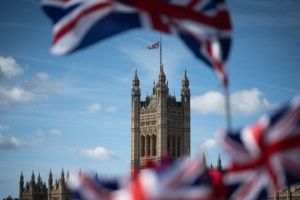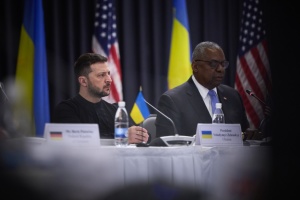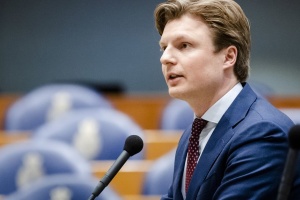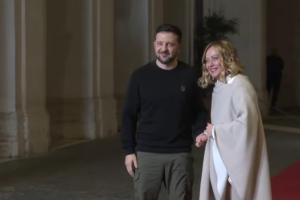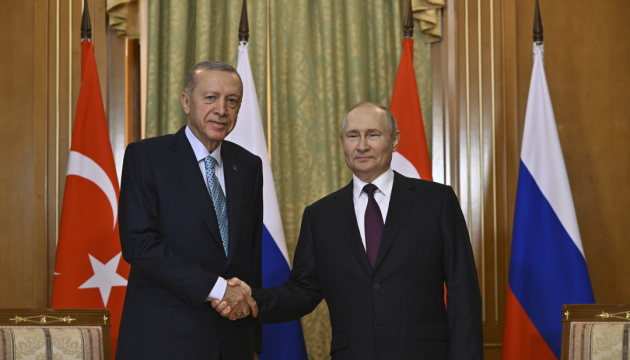
Putin is going to visit Erdogan: what they might talk about
For the first time since his large-scale invasion of Ukraine, Putin will visit Turkey, a NATO member state, where he will hold talks with President Recep Erdogan. This was confirmed by Ushakov, an aide to the Russian dictator, as well as an unnamed Turkish official in a comment to Reuters, who said that the meeting is scheduled for February 12.
We are asking experts what the purpose of the visit is, what topics are likely to be discussed, what does Putin hope to gain from this meeting, and what does Erdogan hope to gain? How will NATO react to all this?
We should not expect any sensations or significant concrete agreements. For Putin and Erdogan, the very fact of such a visit is important
In a commentary to Ukrinform, Volodymyr Fesenko, chairman of the board of the Penta Center for Applied Political Studies, said that the main purpose of this visit for Putin is purely symbolic. The dictator simply needs to demonstrate that he travels abroad and that he is not isolated.
"The same thing happened with Putin's visits to the UAE and Saudi Arabia. Formally, this is also a return visit. Erdogan traveled to Russia last year, and Putin is going to come to Turkey. By the way, such a visit at Erdogan's invitation was supposed to take place last year, but Putin was afraid to make such trips then. Now he has become a little bolder, and is even starting to get impudent," the political scientist says.
According to him, the list of topics at such talks is traditional and quite broad - from key issues of bilateral relations to international issues that are relevant to both countries: "Of course, the 'Ukrainian issue' will be discussed, but even more so the situation in the Middle East, especially in the Gaza Strip, which is already of interest to Turkey."
Regarding the "Ukrainian issue," Putin may use this visit to state and justify his "conditions for peace," which are essentially ultimatum and unacceptable to us.
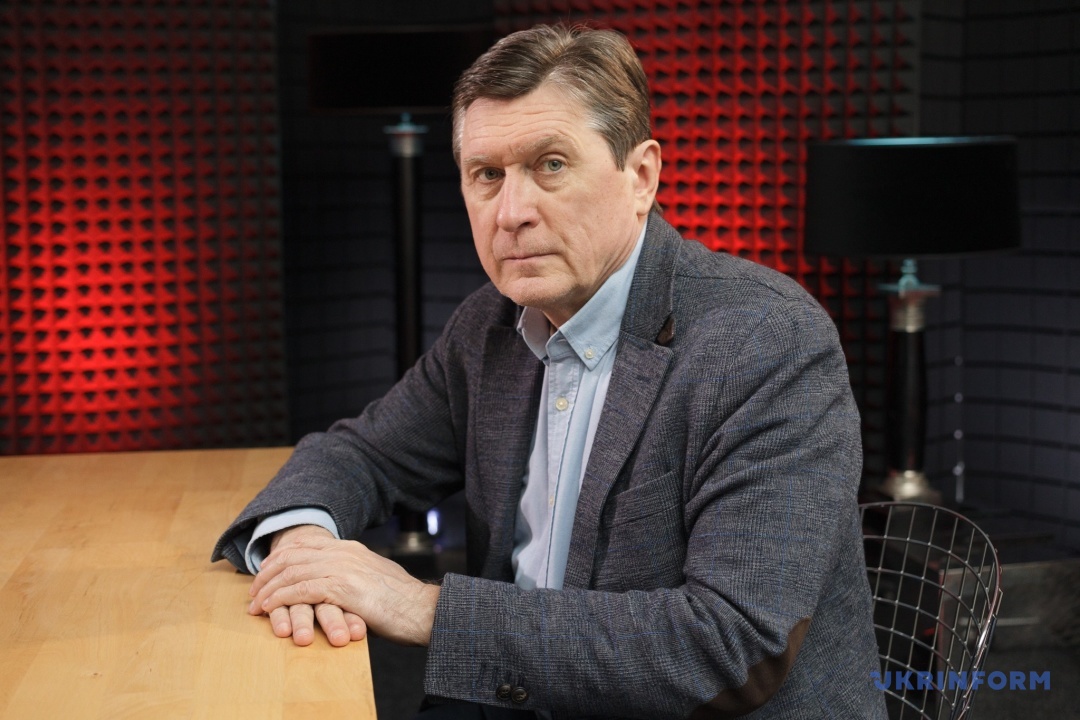
"He had already stated one of these conditions the day before - the creation of demilitarized zones on the territory of Ukraine," reminds Mr. Fesenko. - "Erdogan, in turn, may remind him that he can still act as a mediator in possible peace talks to end the war between Russia and Ukraine.
In general, the expert does not expect any big sensations or significant concrete agreements from this visit.
"And the horror story that Erdogan may allegedly take Putin's side is completely irrational and untrue, because it does not meet Turkey's interests and Erdogan's political style," he added.
Answering the question of what both sides hope to gain from this meeting, Volodymyr Fesenko said: "I don't think there are any specific and big "wants" that Putin and Erdogan want to get. For both of them, the very fact of such a visit is important, although for different reasons. I have already mentioned Putin's goals, and for Erdogan, a special relationship with Putin is his political resource and capital, which he can use to increase his geopolitical weight (in particular in the negotiation process on Ukraine) and to bargain with Western partners in NATO."
To a certain extent, for Erdogan, Putin is an instrument of counterbalance in relations with the United States and the EU.
At the same time, the political scientist added that there will certainly be some specific agreements, especially on the economic component of bilateral relations. But they will not be of great geopolitical importance.
As for NATO...
"Is Putin's visit to Turkey something fundamentally new? No, this is not the first and probably not the last meeting between them. NATO is quite calm about this, and the United States is likely to use the special relationship between Erdogan and Putin to its advantage from time to time. The problem was Turkey's blocking of Sweden's accession to NATO. But this problem was eventually resolved through a compromise," the expert emphasizes.
Mr. Fesenko does not expect significant changes in relations between Turkey and NATO. Turkey's "dual" foreign policy, including balancing its relations with the West and Russia, will continue as long as Erdogan is in power.
"Turkey will not leave NATO. NATO is not interested in destroying relations with Turkey, but they will regularly make allowances for the peculiarities of Turkey's interests and foreign policy," the political scientist says.
Erdogan will try to play the "Western card," in which Putin will act as a profitable and exemplary "scarecrow"
Political analyst Oleh Posternak points out that in the second half of 2023, Erdogan's foreign policy shifted toward the West: "He needs Western countries to cover the effects of financial and economic stress on the Turkish economy with Western money. Turkey is in dire need of Western capital, as the EU, the US, and the UK remain the largest investors."
The transfer of the Azov commanders to Ukraine, the approval of Sweden's application to NATO, Turkey's public support of our country in the process of joining the Alliance... Russia was forced to accept all of this as fact.
"Such a demonstrative neglect of the Russian direction was the result of Russia's international exhaustion and the weakening of Putin's foreign policy positions. Erdogan has quite skillfully grasped the fact that the Russian dictator has put himself in a vulnerable position and will be interested in prolonging it as long as possible," the expert says. - "The weaker Putin's control is, the more beneficial it is for Turkey, which can impose its own format of cooperation. Erdogan is also certainly benefiting from the gradual demilitarization of the Russian fleet, which is being skillfully carried out by the Ukrainian army."
However, the dynamics of Russian-Turkish relations have been strongly influenced by Israel's anti-terrorist war against Hamas. Unity on the Palestinian issue allowed Russia to hope for the return of the previous sign of relations with Ankara.
"And now Putin is flying to Turkey to restore the dynamics of relations based on joint agreements on the Middle East issue and economic cooperation," he added.
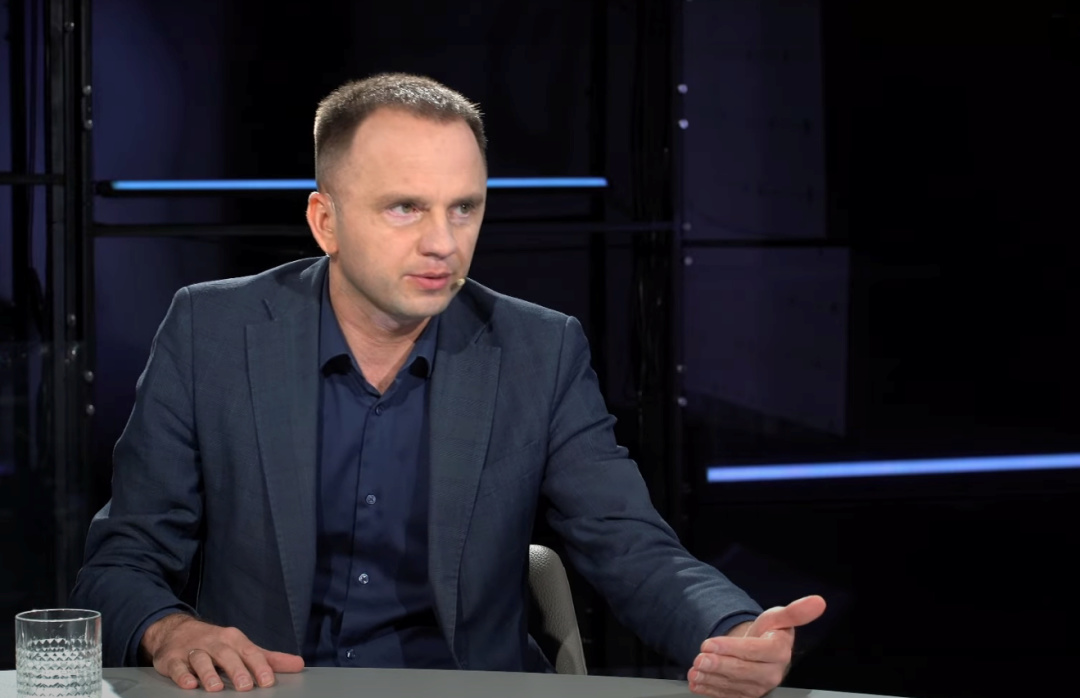
But in addition to the Israeli military operation, there is also the Karabakh knot of contradictions between the major players, as well as the recent tensions between the United States and Iran. Erdogan needs leadership in the Muslim world, which is why he has been pursuing an anti-Israel agenda. Russia can support Turkey in this foreign policy positioning.
As for the "Ukrainian issue," Turkish mediation has become more of a symbolic action than a practical platform.
"Of course, Erdogan is a master of maneuverable diplomacy between Ukraine and Russia, between the West and the East. And this is his foreign policy capital," says Oleh Posternak. - "The exchange of views between Putin and Erdogan on the further course of the Russian-Ukrainian war and the prospects for peace will most likely be formally restrained, because Erdogan is well aware that he cannot influence both Putin's anti-Ukrainian fanaticism in the war and Kyiv's unwillingness to engage in a dialogue with a war criminal.
Erdogan is interested in balance.
"Moving towards the United States, the Turkish president is also checking Russia's potential reaction. And he will not go for a sharp aggravation of relations with the Kremlin. The basic interest is to maximize the benefits of trade intermediation and Russia's vulnerabilities," the political scientist emphasizes.
For a long time, Turkey has been a partner for Russia that allowed it to circumvent Western sanctions. However, at the end of last year, there were important changes: On December 22, US President Biden issued a decree on secondary sanctions, which led Turkish banks to break correspondent relations with Russian financial institutions and stop processing payments without formally terminating contracts.
"Putin is likely to try to convince Erdogan to mitigate these financial actions and cement the relationship with new infrastructure and energy projects," our source predicts.
As for the reaction of NATO and related "movements"...
"The peculiarity is that Russian-Turkish relations were built in the classical Eastern traditions as a personal relationship between the two leaders. And now Putin is interested in a PR picture of an allegedly active foreign policy, the ability to make foreign visits, which should imitate the image of a "strong state," Mr. Postarnak said. - "Both Turkey and NATO are well aware of this. It is unlikely that Russia is currently of such international importance that it plans to draw Turkey into an anti-Western belt or weaken Ankara's ties with the North Atlantic Alliance, where it has been a member since 1952."
However, Erdogan likes to play the "Russian card" to the West from time to time to realize his own goals, as was the case with the purchase of Russian air defense systems.
"He will also play the 'Western card' now, counting on new model aircraft [the other day, White House National Security Council Coordinator John Kirby said that the United States could resume the F-35 program for Turkey if Ankara gives up Russian S-300s.] In this case, Putin acts only as a profitable and exemplary "scarecrow," the political scientist emphasized.
Putin will persuade Erdogan to take his side, but in vain - he will not succeed
Political expert Yevhen Savisko believes that Putin's Turkish visit has several strategic objectives. One of them is the "Ukrainian issue". In his opinion, the head of the aggressor country needs to break up the pro-Ukrainian coalition in the world.
"And there are already some successes in this. In particular, this concerns the election results in Slovakia and the Netherlands, where openly pro-Russian sympathizers won. This is in addition to Hungary, North Korea, Iran, Georgia, Belarus, and a number of Asian, African, and South American countries. Now it is necessary to actively involve Turkey in these processes," Mr. Savisko says.
First of all, it is necessary to engage Turkey in terms of ensuring that it stops military-technical and humanitarian cooperation with Ukraine and supports the Crimean Tatar people.
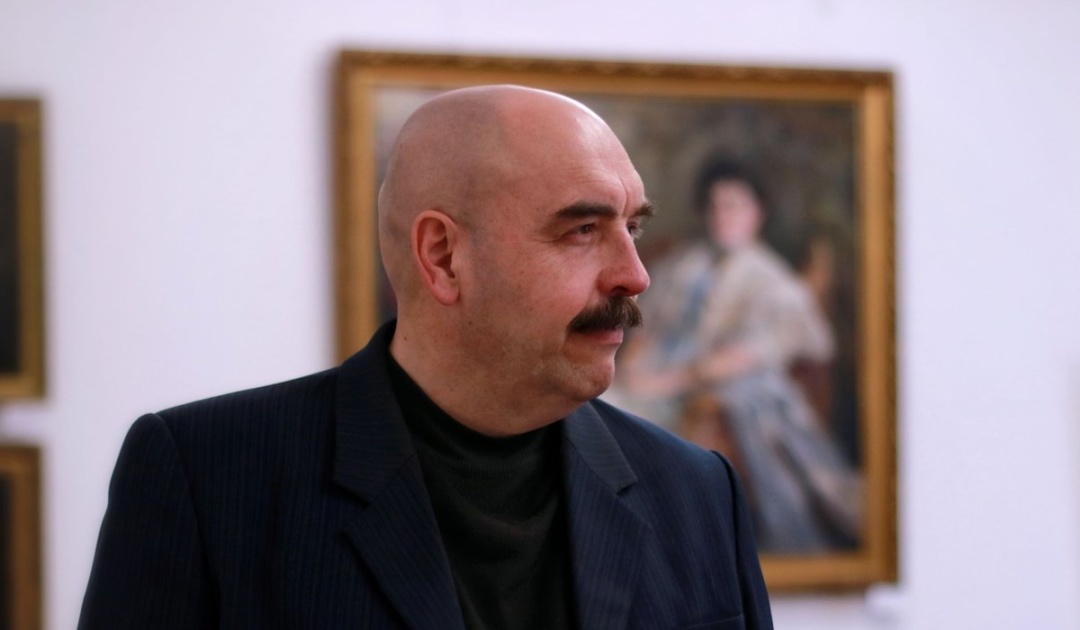
"Until now, Ankara has tried, and quite successfully, to sit on two chairs, maintaining good relations with both Washington and its allies and Moscow. President Erdogan has demonstrated political aerobatics, managing to capitalize on all sides of the war in Ukraine. However, it seems that the Kremlin leader has decided that this is wrong and will try to convince Recep to take his side," the expert believes.
Another important issue of the talks will be the war in Israel, its consequences, the Middle East crisis and the possibility of the beginning of World War III in the Middle East. And, of course, the situation in Syria and Kurdistan will be discussed.
"But the Turkish president is unlikely to be persuaded by the Kremlin dictator and will not agree to take his side exclusively. This is especially true when it comes to blocking cooperation with Ukraine, as Mr. Erdogan's son-in-law, and therefore he himself, makes money on this. What the Turkish leader may do is to increase trade, purchase Russian oil, gas, and grain on favorable terms. Perhaps even paying in Turkish lira rather than US dollars or euros. Everything else will depend on what the United States offers and threatens Turkey with," Yevhen Savisko summarized.
Myroslav Liskovych, Kyiv

